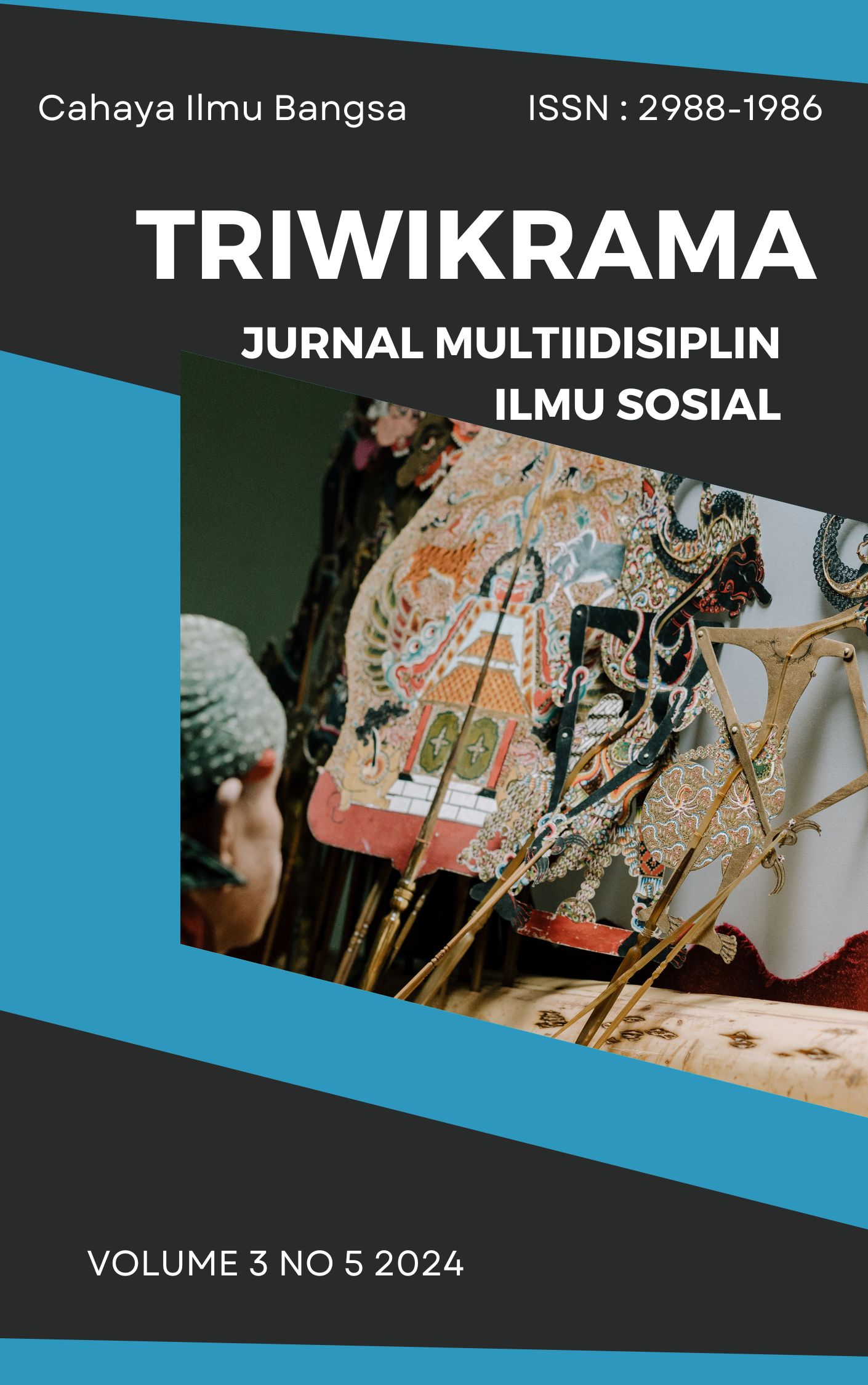Analisis Strategi Penanganan dan Rehabilitasi Sosial Anak Jalanan oleh Dinas Sosial di Kota Mojokerto
DOI:
https://doi.org/10.9963/a0t2gg42Keywords:
Public Policy, Handling Strategy, QSPM, SWOTAbstract
An analysis was conducted on the strategies implemented by the Social Service in handling and socially rehabilitating street children in Mojokerto City. The phenomenon of street children in Indonesia, particularly in Mojokerto, represents a complex social issue influenced by various factors, such as poverty, lack of access to education, and family instability. Despite the government's issuance of various policies and programs to address this issue, the number of street children continues to rise. The method used is qualitative descriptive with a case study approach, where data were collected through interviews, observations, and documentation. Analysis was performed using SWOT (Strengths, Weaknesses, Opportunities, Threats) and QSPM (Quantitative Strategic Planning Matrix) methods to evaluate the strengths, weaknesses, opportunities, and threats faced by the Social Service in addressing street children. The results indicate that the Mojokerto Social Service has strengths such as support from local government policies and the existence of the Safe House program for social rehabilitation. However, weaknesses include limited human resources and negative stigma from the community. Opportunities for expanding rehabilitation programs and threats from social stigma and changes in government policy were also identified. Based on this analysis, several alternative strategies are recommended, including the development of community-based skills training programs and increased family involvement in rehabilitation programs. The findings of this analysis are expected to contribute to enhancing the effectiveness of handling and social rehabilitation of street children, as well as positively impacting marginalized children in Mojokerto City.
Downloads
Published
Issue
Section
License

This work is licensed under a Creative Commons Attribution-NonCommercial-ShareAlike 4.0 International License.










